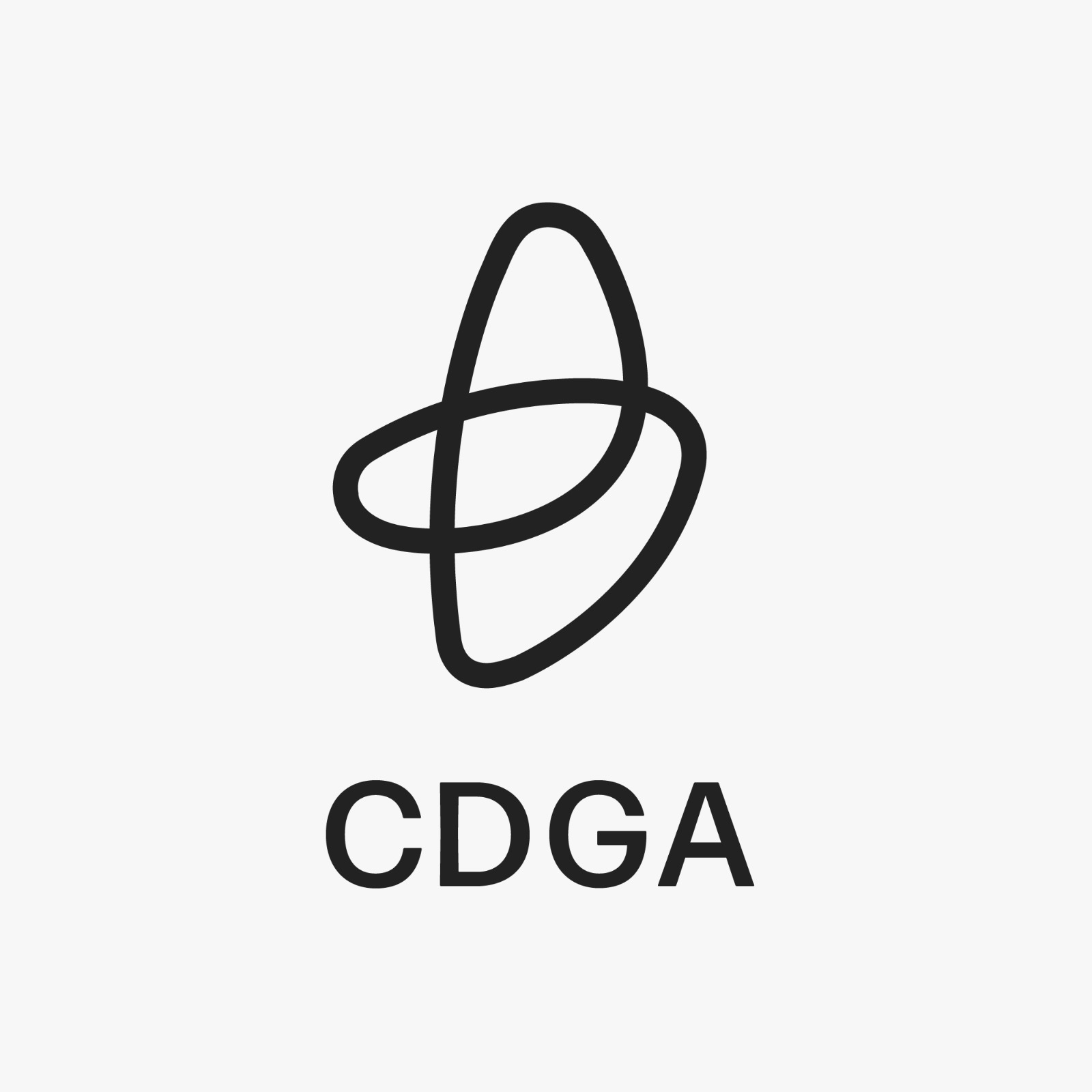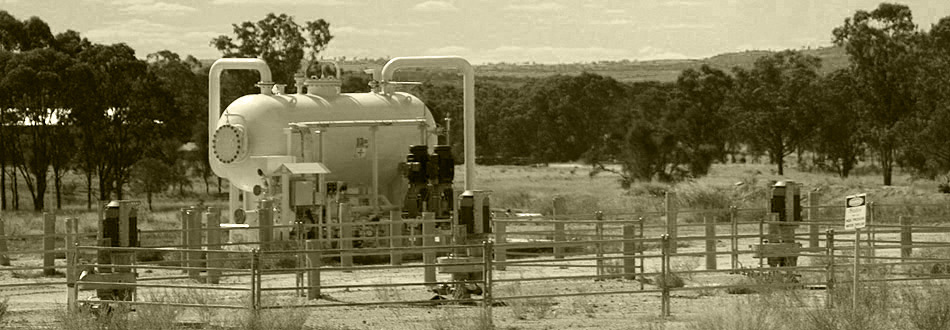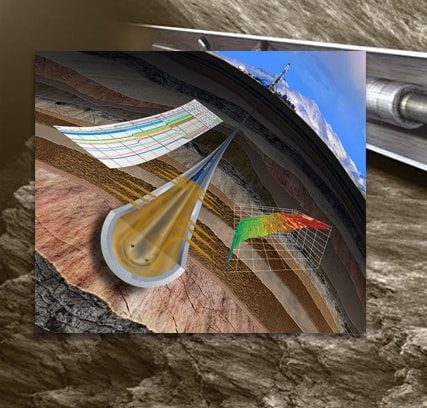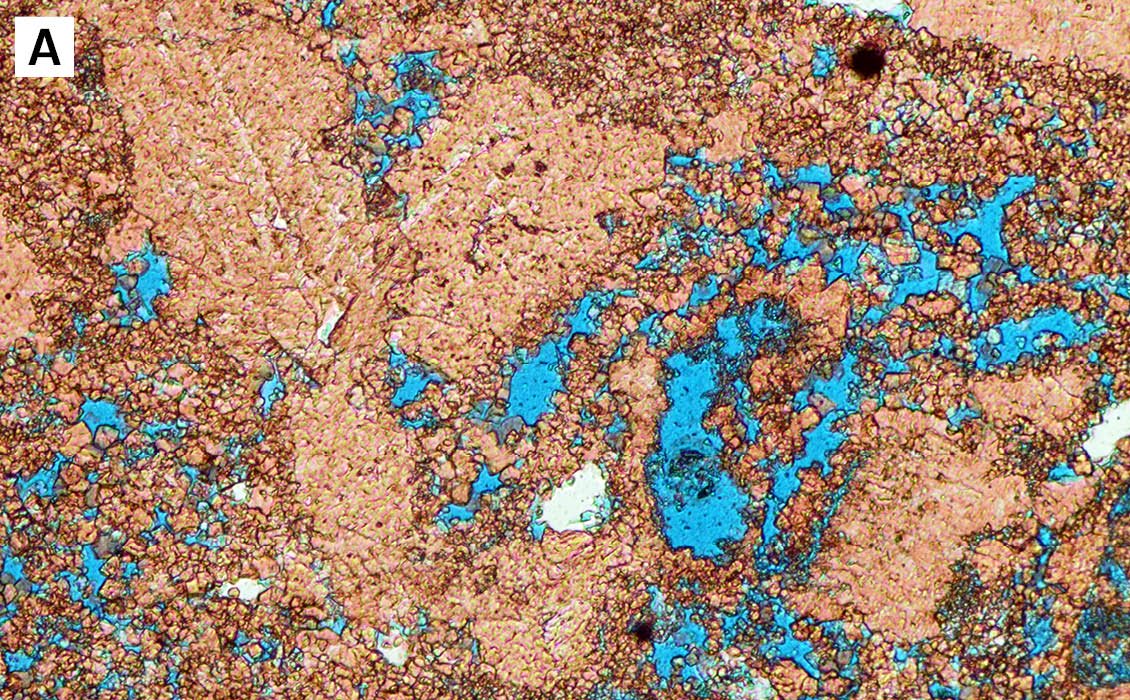

The course will highlight:
By the end of this course, delegates will be able to:
Geologists, Geophysicists, Geomechanics Engineers, Drilling Engineers, Production Engineers, Completion Engineers, Reservoir Engineers, Petrophysicists, Petroleum Engineers, Exploration Supervisors and managers concerned with the Geomechanics challenges of field development and exploration, Supervisors and managers concerned with wellbore stability, Technicians and Managers who are exposed to well-hole logs in their daily work, Engineers at different levels, Oil & Gas Companies Staff, Contractors and Service Companies Staff, Staff with a background of Geology, Petroleum Engineering, Petrophysics, Physics
CDGA attendance certificate will be issued to all attendees completing minimum of 80% of the total course duration.
| Code | Date | Venue | Fees | Register |
|---|---|---|---|---|
| GE115-02 | 10-05-2026 | Doha | USD 5450 | |
| GE115-03 | 16-08-2026 | Dubai | USD 5450 | |
| GE115-04 | 25-10-2026 | Cairo | USD 5450 |

Cased-hole logging involves retrieving logging measurements through the well casing, or the metal piping that is inserted into the well during completion operations. Cased-hole logging is performed mo ...

The course illustrates that production logging PLT refers to a suite of logs that are normally run on completed injection or production wells to evaluate the performance of the well itself or of the r ...
.jpg)
This course will helps the candidates determine the amount of hydrocarbons in their reservoir. It does this by calculating porosity and water saturation using well logging data. It will also provide a ...

This course provides the candidates with a technical overview of the science and art of geology including drilling operations, completion practices and post-completion wellbore enhancement or remedial ...

This course is designed to develop skills in understanding of the basic geometry and Petrophysical characteristics of carbonate reservoirs which can exhibit highly heterogeneous and complex properties ...

This course offers both the fundamentals of oil and gas reservoir engineering and the practical applications to conventional and unconventional (fractured, tight gas) reservoir problems. Estimation of ...
Providing services with a high quality that are satisfying the requirements
Appling the specifications and legalizations to ensure the quality of service.
Best utilization of resources for continually improving the business activities.
CDGA keen to selects highly technical instructors based on professional field experience
Since CDGA was established, it considered a training partner for world class oil & gas institution
3012, Block 3, 30 Euro Business Park, Little Island, Co. Cork, T45 V220, Ireland
Mon to Fri 09:00 AM to 06:00 PM
Contact Us anytime!
Request Info